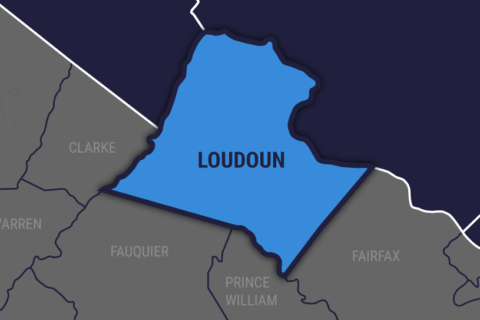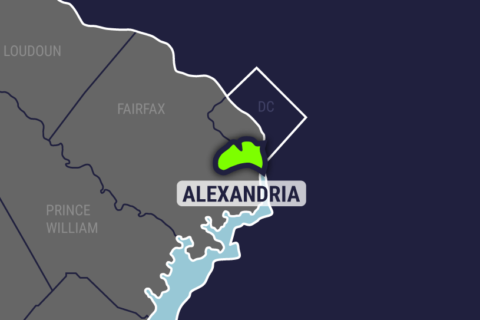WASHINGTON — Though hotels are required to have smoke detectors, private rentals through Airbnb aren’t required to have them.
A new study published in the journal Injury Prevention found more than 20 percent of the Airbnbs in D.C. might not have the alarms.
The study evaluated listings of amenities in Airbnb properties in 16 U.S. cities to calculate availability of safety features. It found 58 percent listed carbon monoxide monitors and less than half reported having fire extinguishers or first-aid kits.
“Safety amenities are important when you stay some place, and you as a consumer should be aware if they’re provided,” said Dr. Vanya Jones with the Johns Hopkins Bloomberg School of Public Health.
The school parsed the information that was collected from a publicly sourced database, InsideAirbnb.
“We know that Airbnb has done a lot to try and distribute safety mechanisms to their hosts, but in reality, these are people’s houses,” Jones said. “So, we were surprised that while up to 80 percent have smoke alarms, there are 20 percent that didn’t report smoke alarms as an amenity.”
Jones believes more could be done to assure hosts have supplies and to make sure they’re listing safety features as amenities.
Airbnb’s global head of trust and risk management told WTOP that already is happening.
“Every listing on Airbnb clearly states the specific safety amenities it has, including smoke and CO detectors, fire extinguishers and first-aid kits, so guests can look first and then decide whether that home, tree house, yurt or igloo is the one they want to book or not,” Nick Shapiro said in an email.
“At Airbnb, safety is our priority,” Shapiro added. “All hosts must certify that they follow all local laws and regulations. We run home safety workshops with local fire and EMS services all over the world, making sure our hosts have access to the best information in order to keep their guests, their homes and themselves safe.”
The study’s findings are from specific snapshots of time from each city, between October 2015 and December 2016.
Shapiro said that time frame was before the debut of Airbnb Plus. Every home in Airbnb’s Plus collection must have a smoke and CO detector in order to be included, Shapiro said.
Shapiro also notes that 58 percent of Airbnb hosts reporting the presence of carbon monoxide detectors is well above the 41.6 percentage of homes using them nationwide, according to the U.S. Census Bureau in 2011.
Jones thinks the take away message from the study is that consumers need to be more proactive.
“As a consumer, we should want to know what the safety measures that are in a place that we are renting,” the Johns Hopkins researcher said.







